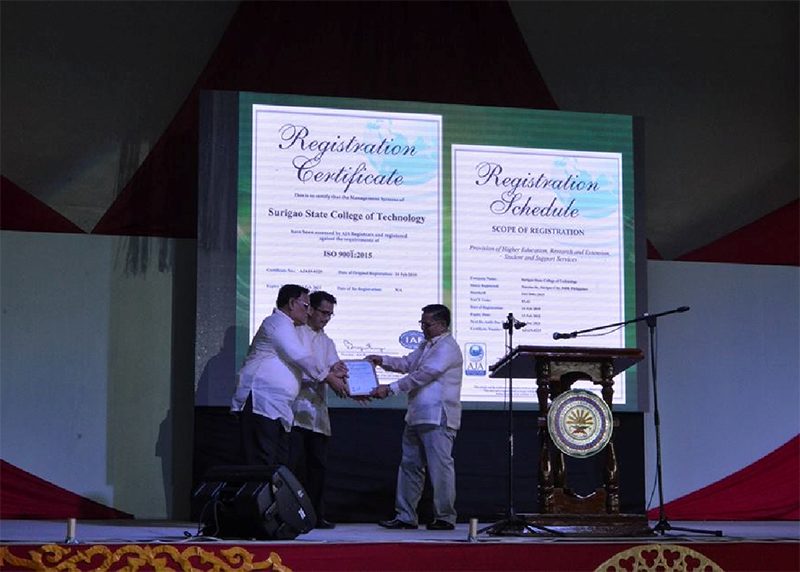
With that form on file, your attorney or other representative will also be sent a copy of the Conditional Payment Letter (CPL) and demand letter. A Consent to Release (CTR) authorizes an individual or entity to receive certain information from the BCRC for a limited period of time.
Federal rar rar#
Your attorney or other representative will receive a copy of the RAR letter and other letters from the BCRC as long as he or she has submitted a Consent to Release form.

If you have an attorney or other representative, he or she must send the BCRC documentation that authorizes them to release information. Medicare does not release information from a beneficiary’s records without appropriate authorization. For more information on insurer/workers’ compensation entity recovery, click the Insurer Non-Group Health Plan Recovery link. Please note: If Medicare is pursuing recovery directly from the insurer/workers’ compensation entity, you and your attorney or other representative will receive recovery correspondence sent to the insurer/workers’ compensation entity. A copy of the Rights and Responsibilities Letter can be found in the Downloads section at the bottom of this page. The RAR letter explains what information is needed from you and what information you can expect from the BCRC. BCRC issues a Rights and Responsibilities letter:Īfter the MSP occurrence is posted, the BCRC will send you the Rights and Responsibilities (RAR) letter. If the BCRC determines that the other insurance is primary to Medicare, they will create an MSP occurrence and post it to Medicare’s records. If the MSP occurrence is related to an NGHP, the BCRC uses that information as well as information from CMS’ systems to identify and recover Medicare payments that should have been paid by another entity as primary payer. Once the case has been reported, the BCRC will collect information from multiple sources to research the MSP situation, as appropriate (e.g., information is collected from claims processors, Medicare, Medicaid, and SCHIP Extension Act (MMSEA Section) 111 Mandatory Insurer Reporting submissions, and worker’s compensation entities). Reporting the case is the first step in the Medicare Secondary Payer (MSP) NGHP recovery process. Click the Liability, No-Fault and Workers’ Compensation Reporting link for more information. Whenever there is a pending liability, no-fault, or workers’ compensation case, it must be reported to the BCRC. The process of recovering conditional payments from the Medicare beneficiary typically, involves the following steps: 1. This link can also be used to access additional information and downloads pertaining to NGHP Recovery.

For information on when to contact the BCRC for assistance with Medicare recovery, click the Non-Group Health Plan Recovery link. The payment is "conditional" because it must be repaid to Medicare when a settlement, judgment, award, or other payment is made. Medicare makes this conditional payment so you will not have to use your own money to pay the bill. A conditional payment is a payment Medicare makes for services another payer may be responsible for.

The BCRC is responsible for ensuring that Medicare gets repaid for any conditional payments it makes. When an accident/illness/injury occurs, you must notify the Benefits Coordination & Recovery Center (BCRC). Medicare does not pay for items or services to the extent that payment has been, or may reasonably be expected to be, made through a liability insurer (including a self-insured entity), no-fault insurer or workers' compensation entity (Non-Group Health Plan (NGHP).


 0 kommentar(er)
0 kommentar(er)
